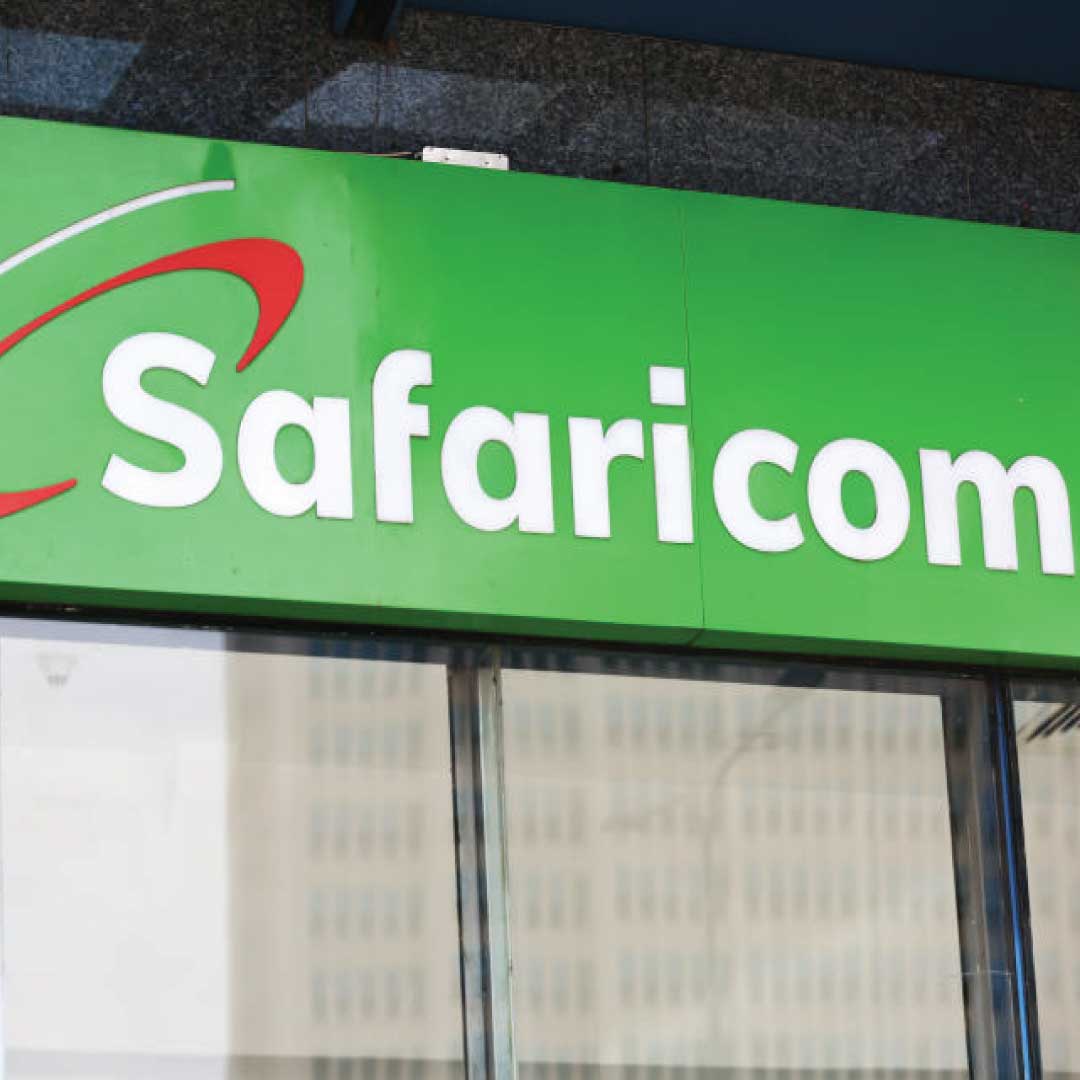The government will set rules about how much Safaricom can charge its competitors to end calls on its network to protect small phone companies.
Under new rules, Safaricom will only charge fees to cover the costs of connecting calls from its competitors. This stops dominant telcos from making money from mobile termination rates (MTRs).
Given that Safaricom controls more than 25% of mobile service revenues, the Kenya Information and Communication (Interconnection) Regulations 2022 set the stage for the Communications Authority of Kenya (CA) to limit Safaricom’s prices for interconnecting calls from rivals.
MTRs are fees that a mobile service provider charges other telecom service providers for terminating calls on its network.
Under the Kenya Information Communications Act, 1998, a telco is considered dominant if it controls more than 25% of industry sales or has sufficient market power to advantage over competitors.
However, for the state to oversee Safaricom’s MTRs, Safaricom’s name must be published in the Kenya Gazette.
What Other Telecom Competitors Are Saying
Airtel and Telkom Kenya have been trying for a long time to get MTRs lowered. They say that the current rates hurt their income and make it harder for them to compete with Safaricom.
The new regulations state that “a dominant telecommunications licensee shall implement the cost-based interconnection rates established by the Authority from time to time.”
Read Also : Apple discontinues the famous iPod Models
“A licensee of a dominant telecommunications service must set interconnection rates based on objective criteria and in a way that is clear and focused on costs.”
Telecoms will be free to negotiate MTR prices, but the new rules say that the CA will set lower prices if the big telcos and the smaller competitors can’t agree.
Safaricom Current Standing In Kenya’s Telecom Market
According to the most recent industry data from the CA, Safaricom has reached a 25% revenue share.
The industry generated Sh280.1 billion in revenue for telcos, with Safaricom accounting for 82.4 percent of phone income, 78.4 percent of data revenue, 83.8 percent of SMS revenue, and 97 percent of other mobile services.
In the latest drive to make it cheaper for Airtel and Telkom to terminate calls on Safaricom’s network, the leading telecommunications company will also be required to prove that its MTRs are based on actual costs.
The regulations come when Airtel and Telkom Kenya have been lobbying the CA to cut MTRs and allow them to pay half as much as Safaricom to protect their income.
Airtel said it pays Safaricom Sh300 million per month in MTRs, equal to Sh3.6 billion per year. This shows that the high prices are hurting their businesses. In December, the CA lowered the price per minute from Sh0.99 to Sh0.12 and said that Airtel’s request would be considered in a later cost study.
The additional MTR rates have yet to be implemented since Safaricom filed an appeal against the tariff review. The lawsuit was scheduled for a hearing last month. Safaricom is expected to resist the planned MTR pricing restrictions, as the telecom has previously opposed Airtel’s attempts to change how rates are charged.
Safaricom recently stated that additional reductions in MTR fees would harm its revenues and profits. But the CA disagreed with the telco’s position. The telco had enough buffers to handle revenue losses due to market dominance.
A smaller telecom typically pays higher mobile termination fees since consumers are more likely to spend time on networks other than their own.
Airtel has also said that Safaricom’s prices are lower than those of its competitors. The actual cost of providing the service makes it hard for smaller telcos to do well.
According to Airtel and Telkom Kenya, the current cell phone termination fees make it difficult to compete with Safaricom.
Lower MTR, according to the CA, will benefit both consumers and operators, with the ultimate goal of lowering the cost of making calls across networks.
Airtel asked the CA to change the way prices work so that small telcos could pay 50% less than Safaricom, but the request was denied.
Kenya’s plan is similar to that of Europe, where small businesses or new entrants benefit from lower MTR rates for up to four years, which is considered long enough to achieve a market share of 15-20%, which is regarded as the minimum efficient scale.
Many countries use the asymmetrical model of charges to help new companies get into the telecommunications business and compete with big, well-known companies.




